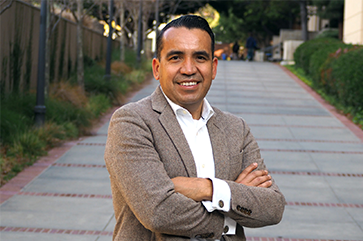 https://www.college.ucla.edu/wp-content/uploads/2025/04/OsvaldoGutierez-363-241.png
241
363
Alvaro Castillo
https://www.college.ucla.edu/wp-content/uploads/2019/07/Uxd_Blk_College-e1557344896161.png
Alvaro Castillo2025-04-10 13:13:032025-04-23 08:41:43Rancho Raised, UCLA Made: Osvaldo Gutierrez shares his journey from undocumented student at UCLA to professor of chemistry
https://www.college.ucla.edu/wp-content/uploads/2025/04/OsvaldoGutierez-363-241.png
241
363
Alvaro Castillo
https://www.college.ucla.edu/wp-content/uploads/2019/07/Uxd_Blk_College-e1557344896161.png
Alvaro Castillo2025-04-10 13:13:032025-04-23 08:41:43Rancho Raised, UCLA Made: Osvaldo Gutierrez shares his journey from undocumented student at UCLA to professor of chemistry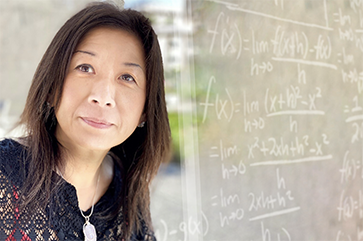 https://www.college.ucla.edu/wp-content/uploads/2025/04/Sierra-Chen-363-241-1.png
241
363
Alvaro Castillo
https://www.college.ucla.edu/wp-content/uploads/2019/07/Uxd_Blk_College-e1557344896161.png
Alvaro Castillo2025-04-10 10:57:262025-04-23 08:41:13The mathematics of compassion: ’93 M.A. grad Sierra Chen gives back
https://www.college.ucla.edu/wp-content/uploads/2025/04/Sierra-Chen-363-241-1.png
241
363
Alvaro Castillo
https://www.college.ucla.edu/wp-content/uploads/2019/07/Uxd_Blk_College-e1557344896161.png
Alvaro Castillo2025-04-10 10:57:262025-04-23 08:41:13The mathematics of compassion: ’93 M.A. grad Sierra Chen gives back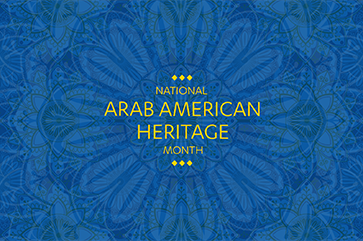 https://www.college.ucla.edu/wp-content/uploads/2025/04/AAHM-InFocus-Hero-363-241.png
241
363
Alvaro Castillo
https://www.college.ucla.edu/wp-content/uploads/2019/07/Uxd_Blk_College-e1557344896161.png
Alvaro Castillo2025-04-09 13:31:142025-04-10 13:31:56A curated selection of stories from across the UCLA campus spotlighting Arab American voices, histories and research
https://www.college.ucla.edu/wp-content/uploads/2025/04/AAHM-InFocus-Hero-363-241.png
241
363
Alvaro Castillo
https://www.college.ucla.edu/wp-content/uploads/2019/07/Uxd_Blk_College-e1557344896161.png
Alvaro Castillo2025-04-09 13:31:142025-04-10 13:31:56A curated selection of stories from across the UCLA campus spotlighting Arab American voices, histories and research https://www.college.ucla.edu/wp-content/uploads/2025/04/Substack-typing-lead-image-363-241.png
241
363
Alvaro Castillo
https://www.college.ucla.edu/wp-content/uploads/2019/07/Uxd_Blk_College-e1557344896161.png
Alvaro Castillo2025-04-08 11:56:002025-04-16 11:59:57Here are some Bruin newsletters — including some by UCLA College alumni and faculty — you should be reading now
https://www.college.ucla.edu/wp-content/uploads/2025/04/Substack-typing-lead-image-363-241.png
241
363
Alvaro Castillo
https://www.college.ucla.edu/wp-content/uploads/2019/07/Uxd_Blk_College-e1557344896161.png
Alvaro Castillo2025-04-08 11:56:002025-04-16 11:59:57Here are some Bruin newsletters — including some by UCLA College alumni and faculty — you should be reading now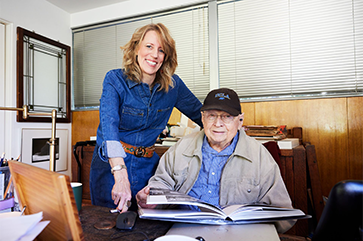 https://www.college.ucla.edu/wp-content/uploads/2025/04/Mary_Melton_Thomas_Hines_363-241.png
241
363
Alvaro Castillo
https://www.college.ucla.edu/wp-content/uploads/2019/07/Uxd_Blk_College-e1557344896161.png
Alvaro Castillo2025-04-08 10:08:102025-04-09 10:09:42History alumna Mary Melton ’91 revisits the UCLA history seminar — and professor — that shaped her understanding of Los Angeles and her career
https://www.college.ucla.edu/wp-content/uploads/2025/04/Mary_Melton_Thomas_Hines_363-241.png
241
363
Alvaro Castillo
https://www.college.ucla.edu/wp-content/uploads/2019/07/Uxd_Blk_College-e1557344896161.png
Alvaro Castillo2025-04-08 10:08:102025-04-09 10:09:42History alumna Mary Melton ’91 revisits the UCLA history seminar — and professor — that shaped her understanding of Los Angeles and her career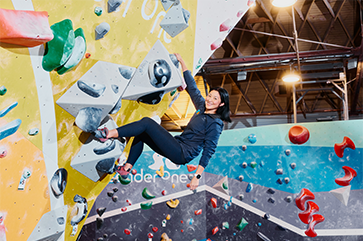 https://www.college.ucla.edu/wp-content/uploads/2025/04/alice_kao-363-241.png
241
363
Alvaro Castillo
https://www.college.ucla.edu/wp-content/uploads/2019/07/Uxd_Blk_College-e1557344896161.png
Alvaro Castillo2025-04-08 09:54:182025-04-09 09:55:15Economics alumna Alice Kao ’01 turned a passion for climbing into an entrepreneurial vision
https://www.college.ucla.edu/wp-content/uploads/2025/04/alice_kao-363-241.png
241
363
Alvaro Castillo
https://www.college.ucla.edu/wp-content/uploads/2019/07/Uxd_Blk_College-e1557344896161.png
Alvaro Castillo2025-04-08 09:54:182025-04-09 09:55:15Economics alumna Alice Kao ’01 turned a passion for climbing into an entrepreneurial vision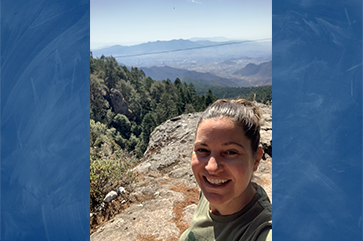
Announcing the 2025 Cotsen Prize recipient: Julie Bernard M.A. ’01, Ph.D. ’08
UCLA College | April 8, 2025
The UCLA Cotsen Institute…
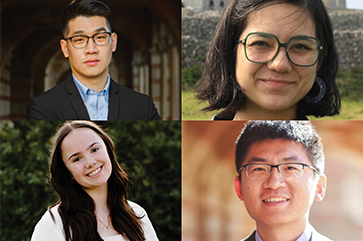 https://www.college.ucla.edu/wp-content/uploads/2025/04/UE_CareersInDisabilityStudiesPanel_363-241.png
241
363
Alvaro Castillo
https://www.college.ucla.edu/wp-content/uploads/2019/07/Uxd_Blk_College-e1557344896161.png
Alvaro Castillo2025-04-08 08:23:382025-04-09 08:24:39Disability studies alumni panel brings advocacy, access to the forefront
https://www.college.ucla.edu/wp-content/uploads/2025/04/UE_CareersInDisabilityStudiesPanel_363-241.png
241
363
Alvaro Castillo
https://www.college.ucla.edu/wp-content/uploads/2019/07/Uxd_Blk_College-e1557344896161.png
Alvaro Castillo2025-04-08 08:23:382025-04-09 08:24:39Disability studies alumni panel brings advocacy, access to the forefront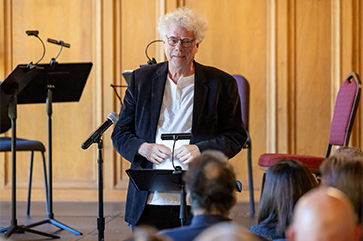
For 25 years, Bruce Whiteman has penned the captivating program notes for Chamber Music at the Clark
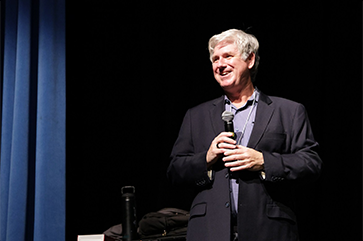 https://www.college.ucla.edu/wp-content/uploads/2025/03/RobertGouldDataFest-363-241.png
241
363
Alvaro Castillo
https://www.college.ucla.edu/wp-content/uploads/2019/07/Uxd_Blk_College-e1557344896161.png
Alvaro Castillo2025-03-31 10:33:552025-04-09 08:42:16Classroom to community: Hundreds to compete in UCLA’s 15th annual DataFest hackathon
https://www.college.ucla.edu/wp-content/uploads/2025/03/RobertGouldDataFest-363-241.png
241
363
Alvaro Castillo
https://www.college.ucla.edu/wp-content/uploads/2019/07/Uxd_Blk_College-e1557344896161.png
Alvaro Castillo2025-03-31 10:33:552025-04-09 08:42:16Classroom to community: Hundreds to compete in UCLA’s 15th annual DataFest hackathon
